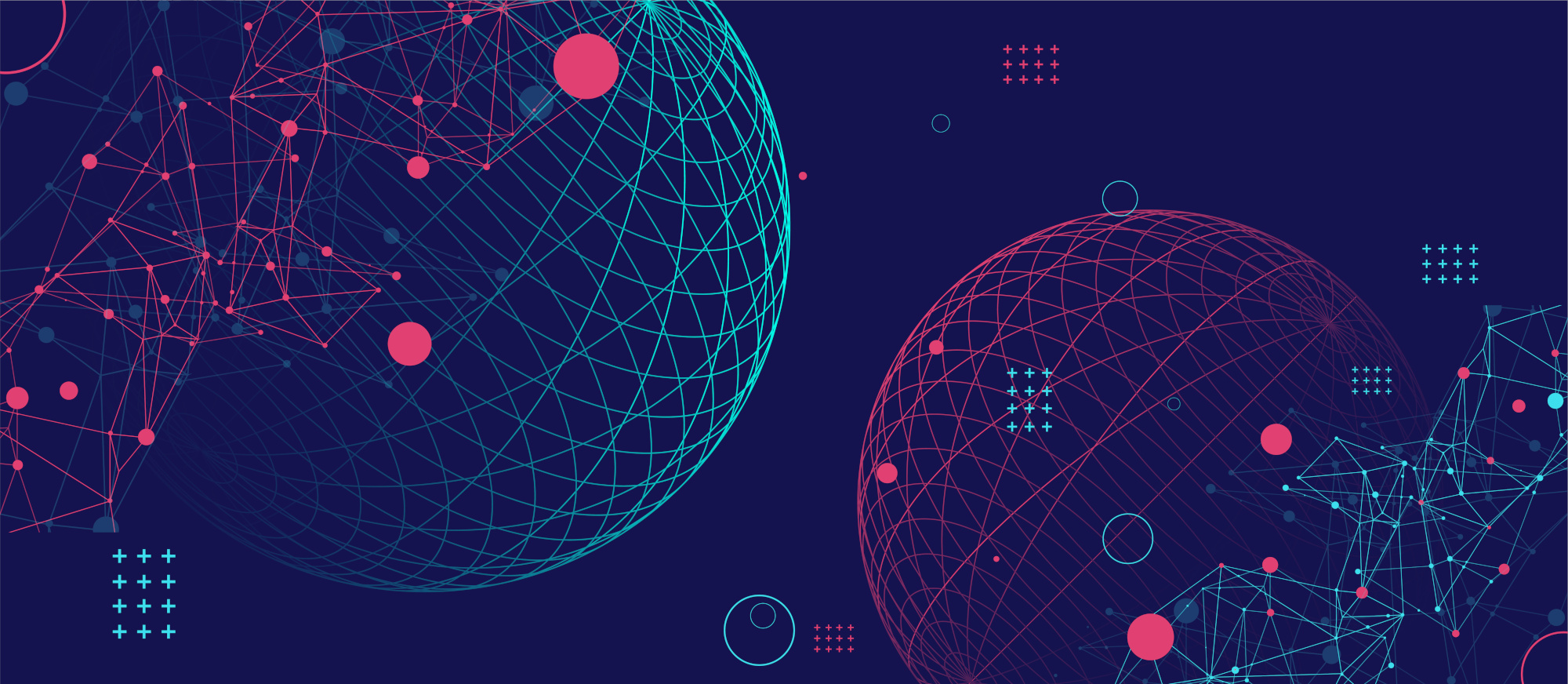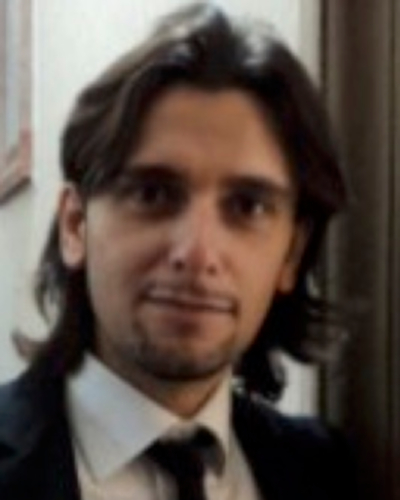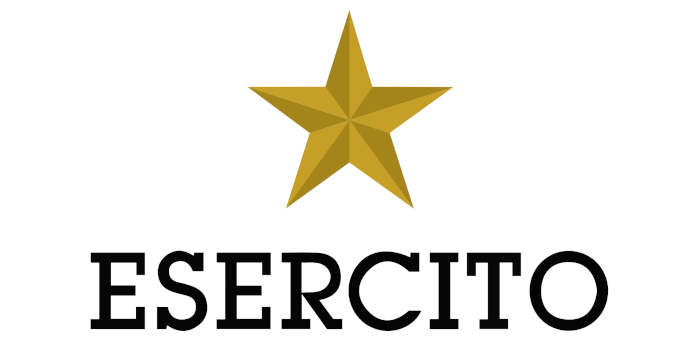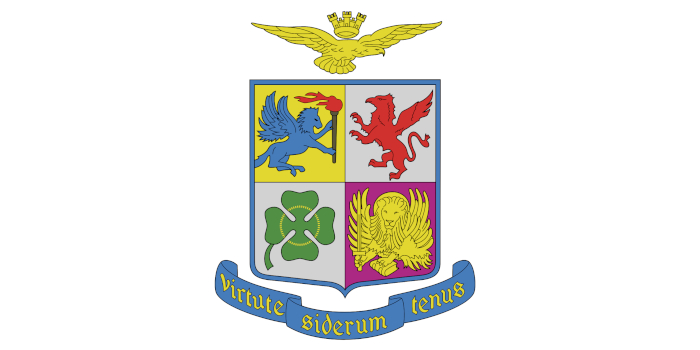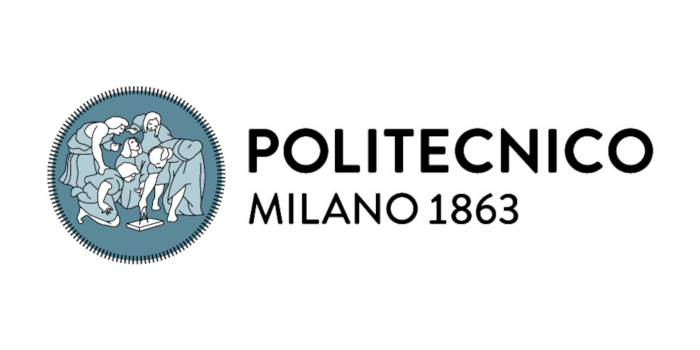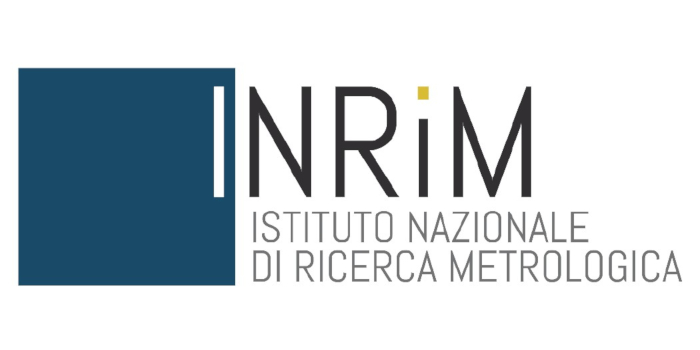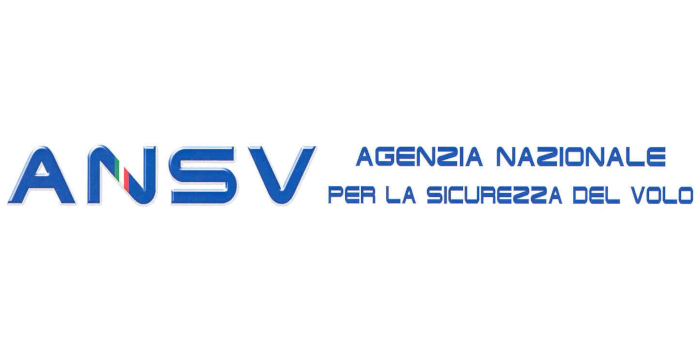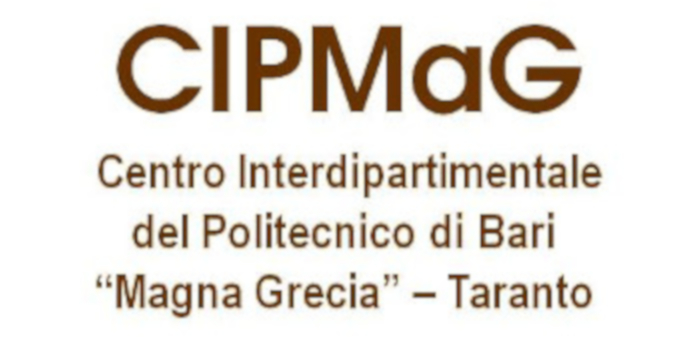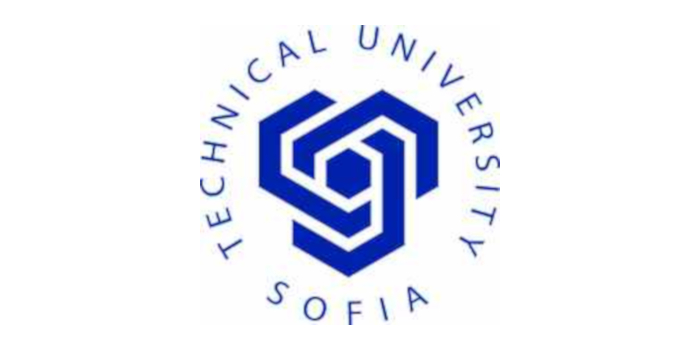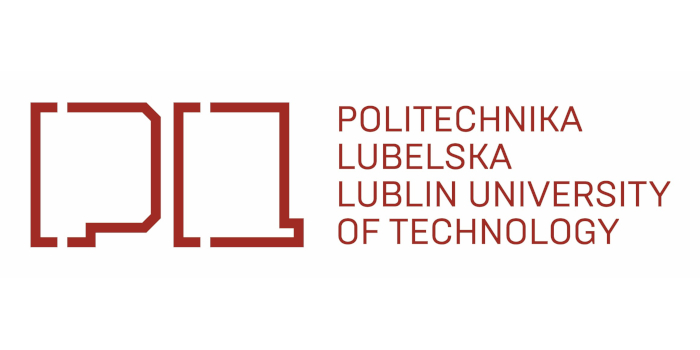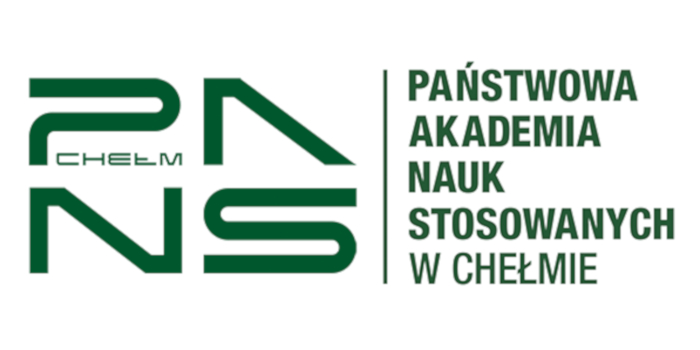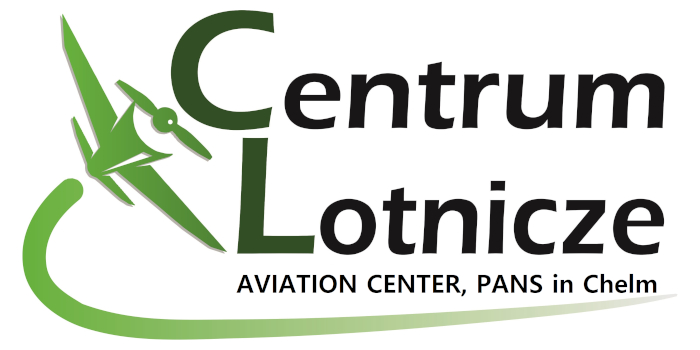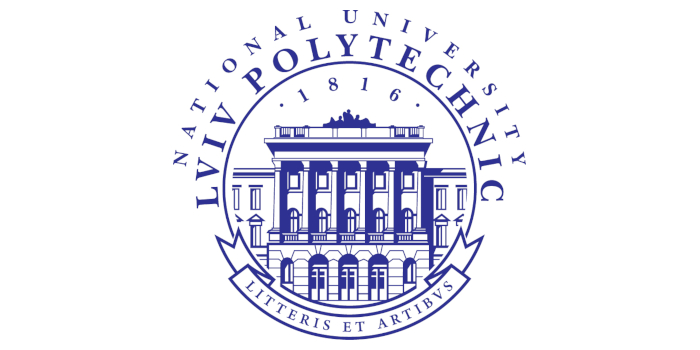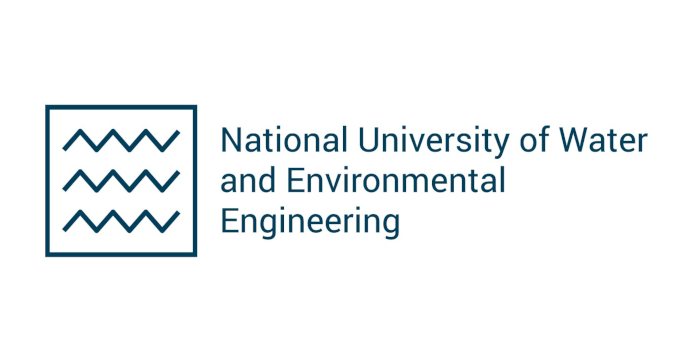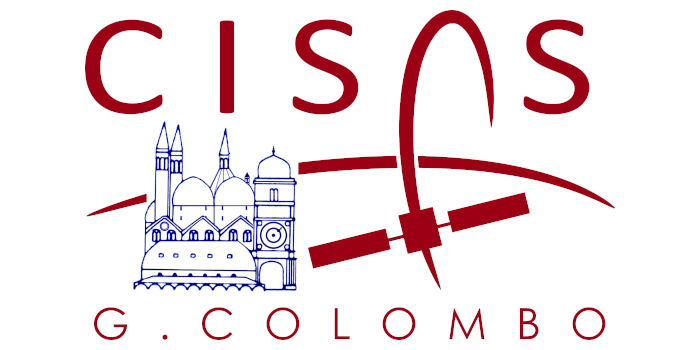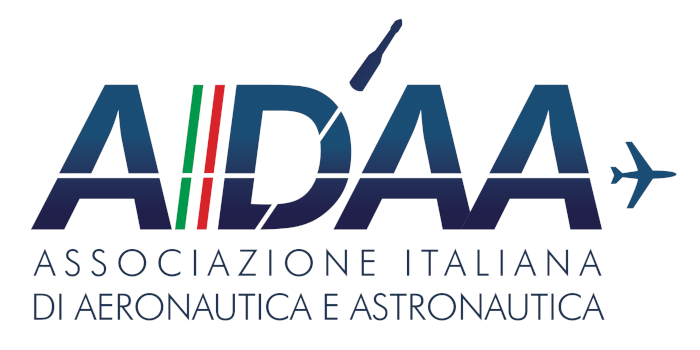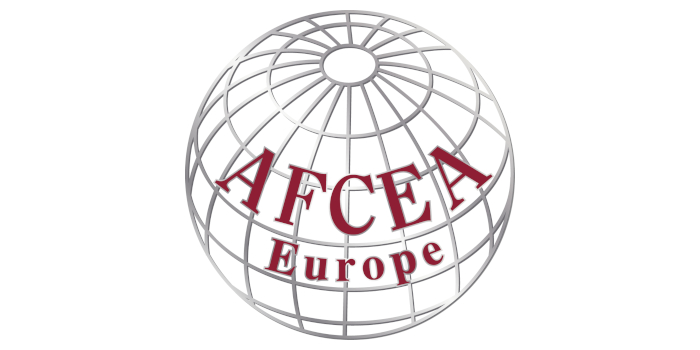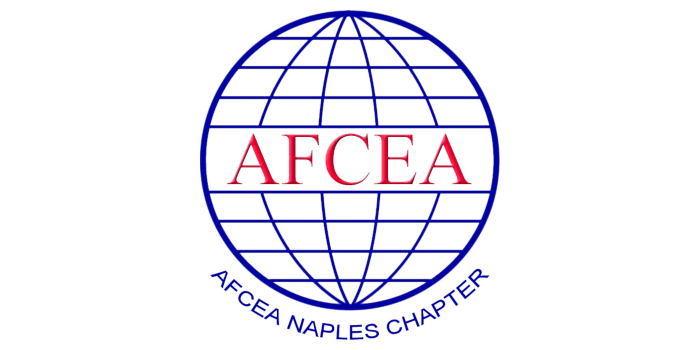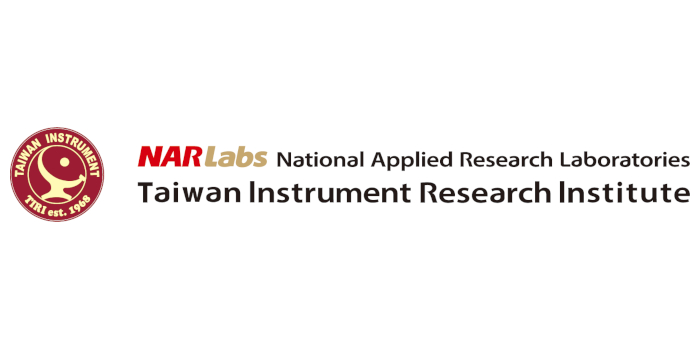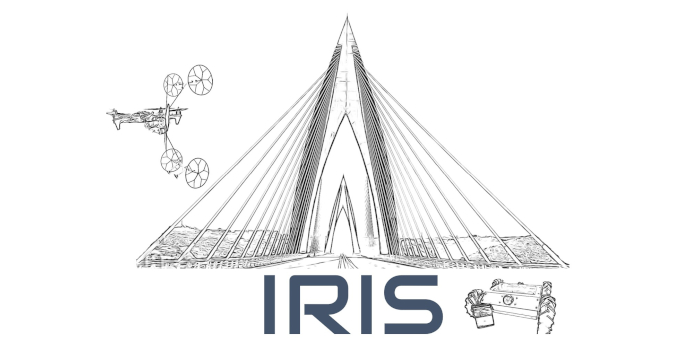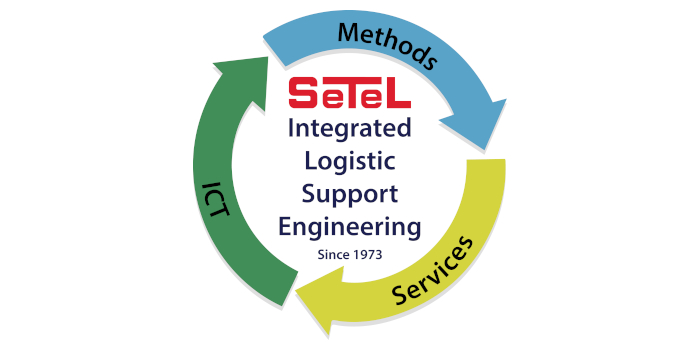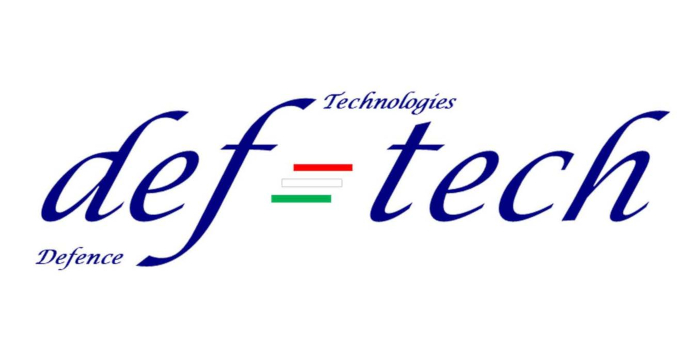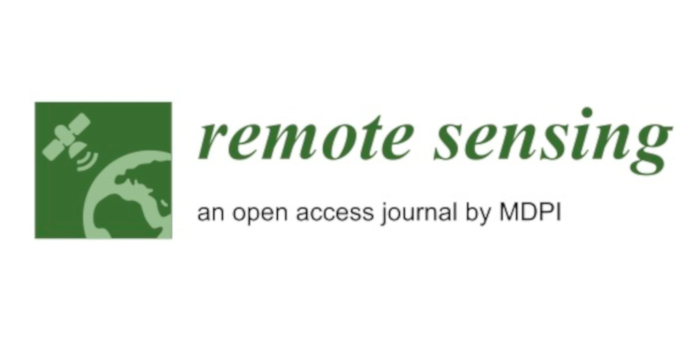SPECIAL SESSION #7
Interplanetary exploration: Mars and Moon
ORGANIZED BY
Claudio Sacchi
University of Trento, DISI, Italy
Cosimo Stallo
Thales Alenia Space, Italy
ABSTRACT
Recently, a tremendous effort toward interplanetary exploration has been produced by national and international Space agencies. The claimed objectives are to take up again the Moon exploration (after the sensational achievement of the first Moon race of late ‘60s and early ‘70s) and to send a human crew on Mars, where a lot of unmanned vehicles and objects (rovers, orbiters, drones) have been already launched or are being launched soon.
TOPICS
The special session aims at collecting innovative contributions related to multifaceted aspects of interplanetary exploration. Papers are welcome dealing (among the others) with the following topics:
- Future missions on Mars and Moon: scientific objectives and expected technological achievements;
- Design of vehicles and other mobile platforms for Space missions;
- Sensors and architectures for in-situ data acquisition and processing;
- Communication and networking infrastructures for extra-terrestrial fixed and mobile connectivity;
- Remote data transmission, collection, and processing;
- Navigation system architectures and performance analysis;
- Metrology in extra-terrestrial space applications;
- Augmented 3D reality for manned exploration missions;
- Energy harvesting in interplanetary missions.
The submission modalities for the special session are those defined for the regular sessions. Dates and deadlines are those indicated for the regular contributions.
ABOUT THE ORGANIZERS
Claudio Sacchi received the “Laurea” Degree in Electronic Engineering, and the Ph.D. in Space Science and Engineering at the University of Genoa (Italy) in 1992 and 2003, respectively. Now, he is associate professor at the University of Trento, Department of Information Engineering and Computer Science. He is author and co-author of more than 110 papers published in international journals and conferences. In 2011, he was guest editor of the special issue of PROCEEDINGS OF THE IEEE: “Aerospace Communications: History, Trends and Future.” Moreover, in 2015, he was guest editor of the featured-topic special issue of IEEE COMMUNICATIONS MAGAZINE: “Toward the Space 2.0 Era.” Since May 2019, Dr. Sacchi is coordinator of the IEEE AESS technical panel: “Glue Technologies for Space Systems”, awarded in 2020 as AESS Technical panel of the year. Claudio Sacchi is a senior member of IEEE and a member of the IEEE ComSoc, IEEE Broadcast, IEEE VT, and IEEE AESS society.
Cosimo Stallo holds an MSc in Electronic Engineer by Polytechnic of Bari and a PhD in Microelectronics and Telecommunication by University of Rome Tor Vergata. He has several years of experience working on satellite telecommunications and GNSS with University of Tor Vergata, RadioLabs Consortium and Italian Space Agency (ASI) as senior researcher and technical manager of ESA, H2020 GSA and Shift2Rail projects. In ASI, he was national delegate of the European Comission WG CSI (Compatibility, Signal and Interoperability) for Galileo and national observer in the European Commission Task force on GNSS interferences. He is currently System Engineering Manager for Navigation System and User Solutions in Thales Alenia Space Italy. He is currently the Technical Coordinator of ESA LRNS (Lunar Radio Navigation System) and system engineer manager for Navigation in the ESA Moonlight Initiative LCNS (Lunar Communication and Navigation Services). He is author and co-author of about 90 papers published in international journals and conferences. He is a senior member of IEEE.
